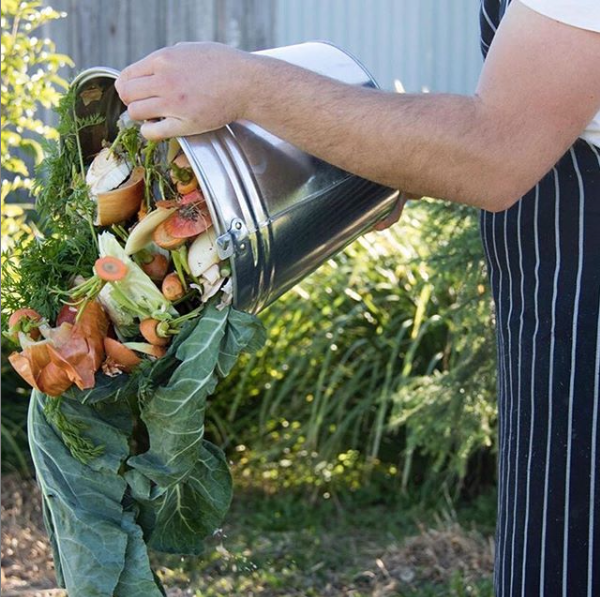Nearly 60 percent of food produced in Canada – amounting to 35.5 million metric tonnes – is lost and wasted annually. 32 percent of that food loss is avoidable and is in fact edible food! In financial terms, the value of this potentially rescuable lost and wasted food is a staggering $49.46 billion. This data comes from Second Harvest’s report "Avoidable Crisis of Food Waste", which consulted more than 700 food industry experts.
Our team has attended workshops on this topic that is more pertinent to day than ever before – not only because edible food gets tossed out while millions of people go hungry, organic waste also produces methane when it decomposes in landfills, making it one of the biggest contributors of greenhouse gas emissions.
So what’s the problem? Food gets wasted across the supply chain, from farmers who can't sell blemished apples to manufacturers that slightly mess up a batch of bread, to grocery stores that end up with too many items about to reach their "best-before" date.
Now if there's good food out there, why aren't we eating it?
There are several root causes of avoidable food loss and waste. Included among the numerous causes are:
- Consumers buying food at the grocery store and throwing the surplus away, either because there's a special offer or because most food products are only available in large packages
- Consumers and retailers throwing out food near or past its best-before date, despite the fact product dating practices have no correlation to food safety and the food can often still be eaten or donated.
- Produce being left to rot in the field due to labour shortages, or low prices creating an environment in which it is no longer worth it for farmers to harvest.
- Thousands of acres of produce being "plowed under" due to cancelled orders.
Food loss and waste is an enormous economic cost to businesses, society, and has a significant environmental impact. This waste represents almost 60 percent of the food industry’s environmental footprint.
The United Nations Intergovernmental Panel on Climate Change report states that significant action needs to be taken to avoid global warming above 1.5 ̊C by 2030. Every year, 56.5 M M tonnes of CO2 equivalent emissions are created by food waste in Canada. Tackling food loss and waste must be considered an urgent priority by all levels of government, industry and individuals.
That’s why Reimagine Co is going to work with farmers. manufacturers, producers, distributors, stores and homes to rethink how we view excess food and change our habits, so that people can benefit and an environmental crisis can be avoided.
That’s why we are launching our new grocery store in downtown London to help Reimagine Groceries - learn more about how community can get involved in our campaign from September to October, 2020.
Our new package-free grocery store will help our community have access to sustainable shopping options and learning opportunities. While change needs to occur across the food industry, the industry exists to feed us, so we all need to reconsider how we see food’s value in nutritional, human resource and environmental terms. We are excited to continue working with you on this shared vision.
